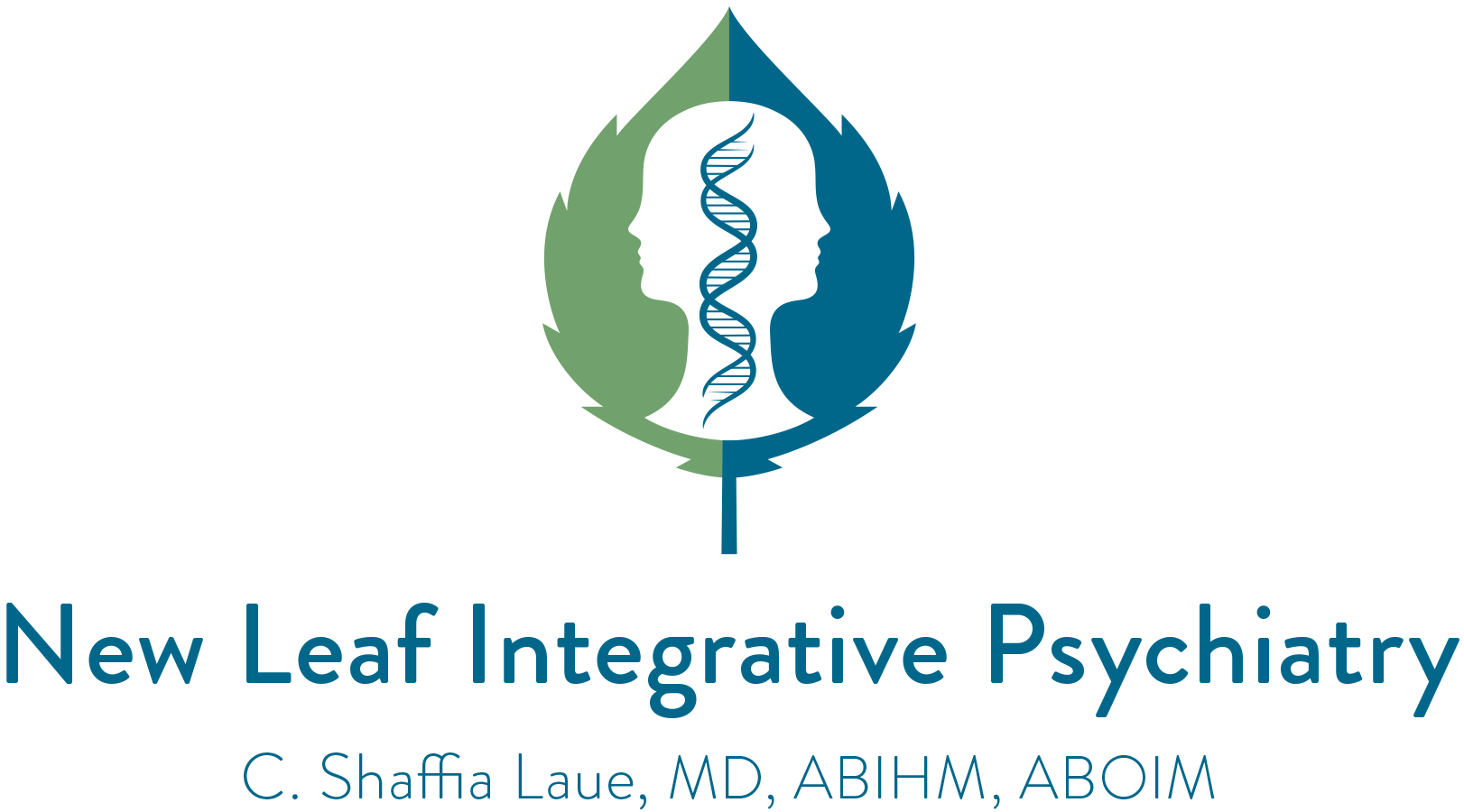Breathwork & Mindfulness
Did you know that the amount of oxygen that is found in your blood can impact your entire health? It can impact both physical illness and psychological situations. or chronic illness. Many times a dysfunctional breathing pattern may be corrected with impressive results; Dr. Laue will review this with you in your initial consultation. She will look beyond lab values — which may be misleading — to historical components which may make you “catch” your breath, breathe too shallowly, or even breathe in a pattern that is inverted from the optimal breathing pattern observed in the newborn infant.
For instance, breathing abdominally can help your overall physical well-being and help restore optimal pH, the acid-alkaline balance of the body. Dr. Laue helps you learn how to use your breath as a tool; it is a vital part of the automatic nervous system. (Once thought to be solely automatic, it has now been found that voluntary control of breathing patterns can be learned).
mindfulness
Mindfulness is currently a very popular medical practice, and forms the basis of several modern psychotherapeutic techniques. It has been used for centuries as a spiritual practice as well. Although there are many ideas about how it may best be achieved, one common instruction is to relax, breathe gently, and follow the breath. Dr. Laue endorses this as a valuable relaxation technique, and has found over the years that it works even better once the breath is functional. She can help you achieve this.
Heartmath
Dr. Laue uses HeartMath technology to assist in learning effective breathing. HeartMath is based on over 26 years of research, and with over 300 independent peer-reviewed studies, it is recommended by thousands of health professionals, and is used by hundreds of hospitals, schools, corporations and humanitarian organizations. HeartMath is proven to help you reduce stress and anxiety by increasing your inner balance and self-security.
BREATH AND CHRONIC ILLNESS
Dr. Laue gives her clients a detailed biological explanation for why breathing abdominally will help their physical well-being. Perhaps you have had the opportunity to play a wind instrument, sing in a choir or practice yoga or other types of meditative exercises, and have already had the chance to experience the difference that breathing deeply can make. Breath can be used as a tool, one that is with you every moment and can be used anytime;. breath is the key to the autonomic nervous system. Yet through the development of dysfunctional patterns — for whatever reason — breathing can become problematic.
Sometimes an individual feels as though they are suffocating, which may seem strange because they are breathing rapidly. (This is often called hyperventilating.) Most times the response appears totally out of line for the stressor, if they even recognized that a stress was there on a conscious level! The cascade of symptoms is called a “panic attack” and medication may be prescribed to decrease the symptoms, but nothing is done to increase the oxygen level so if the medication is removed, the symptoms immediately come back. Stress reduction techniques that encourage the use of one's full lung capacity are of great help in reducing this problem.
Not only is this an essential aspect in the treatment of panic disorders, but it also has a role in the physiology of depression and many chronic illnesses with a component of depression. An individual who has been given the diagnosis of endogenous (coming from within) depression will often find that their breathing pattern is reversed. That is, they tighten the abdomen on inhalation and relax it on exhalation. Although they may or may not experience the full-blown panic attack, they often have a chronic (long term), graded (very slowly decreasing) hypoxia (low oxygen level). Since O2 is one of the main ingredients necessary for the manufacture of neurotransmitters, they then experience symptoms of depression, difficulty concentrating, sleep problems, fatigue, or lack of interest in life. Sometimes these people consider suicide even though their rational mind may believe that life is not that bad.
The stresses of life that caused the initial body tension can be explored in therapy, but may not relieve the depression if the body's tension and biochemistry are not addressed. Antidepressants can help increase the level of neurotransmitters in the brain by different methods of blocking their re-uptake from the neuronal junction between nerve cells. However they do not repair the metabolic pathways that make neurotransmitters. This can only be done by looking at where the pathways may be broken down, (lack of O2, of raw materials such as L-tryptophan, or co-enzymes such as vitamin B12.)
It is unfortunate but some therapists may have told their clients that they need to be on antidepressants for the rest of their life — simply because the therapist didn't understand what other options are available. Taking the time to develop better breathing habits may be the best investment in your health that you could do all year! And when you incorporate your breathing practice into your exercise routine you are training your body to breathe more naturally. The improved breathing pattern will be yoked by habit to the movement of your muscles, just as the unhealthy habits have been yoked for all these many years. Thus, when you exercise the new patterns will become habitual — but now it will be a healthy habit.
